The F&B (food & beverage) industry continues to develop every year, leading to new F&B trends. But amidst changing trends, consumer demand remains high. Restaurants and eateries and coming back in droves after a difficult pandemic period. The food sector in Malaysia is also expected to grow by 10% from 2020 to 2025 amidst an increase in dining out.
In Malaysia, F&B trends pass through at an even faster rate because the food culture in this country is one of its most prominent aspects. Wholesalers and retailers have to be quick to adapt or risk missing an opportunity to meet demand with supply.
Ahead of the new year, we’ve compiled the top F&B trends set to dominate the market next year so you can start preparing your strategies.
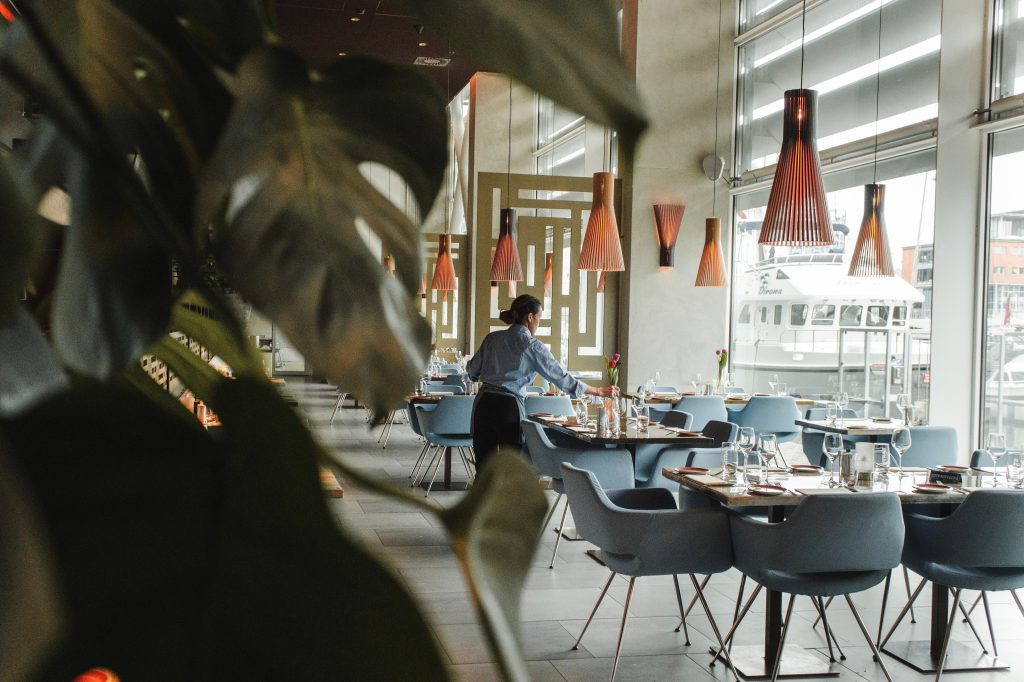
5 F&B Trends to Look Out For
Organic Foods
In the wake of the Covid-19 pandemic, consumers became more conscious of what they consume daily and how their food is sourced. Nowadays, consumers are more environmentally sensitive and inclined toward healthy living. Organic and whole food tick all of the consumers’ boxes, as they have greater beneficial nutrient levels, are devoid of GMOs and safe from pesticides.
Customers are encouraged to buy more organic items because they believe they are healthier. Younger customers are more likely to choose organic products because they want access to healthier food alternatives, are worried about the impacts of pesticides, hormones, GMOs, and antibiotics, and want to stay away from overly processed foods and artificial chemicals. This opens up an opportunity for food retailers.
Sourcing organic products and highlighting them in your messaging can help drive sales.
Plant-based, Vegan & Vegetarian
Plant-based, vegan and vegetarian diets have been around for a long time, but the demand for this category is now bigger than ever. Although COVID-19 helped many customers prioritise their health and wellness, there are a number of additional factors at work.
The ethics of consuming meat and the treatment of animals have long been fiercely disputed topics. Animal agriculture, which results in the annual slaughter of billions of animals, is also to blame for the loss of rainforests. Nowadays, conscious consumers are aware of the harm that animal-based diets cause to the environment and the potential benefits of a plant-based diet.
In addition to concerns about animal welfare, the environment is a crucial consideration. Plant-based diets are much more environmentally friendly than those high in animal products since they consume much fewer natural resources and place less stress on the environment.
As more consumers require plant-based solutions, F&B retailers have an opportunity to scale by venturing into this food category. Whether you are creating new menus or offering alternatives to an existing food item, tweaking your strategy to be more inclusive to plant-based consumers can strengthen your market position.
Consumer Packaged Foods
Consumer packaged foods are inexpensive and readily available. Post-pandemic, consumers who have returned to the office or school full-time are looking for convenient food options that they can access in no time. The F&B industry has been tapping into this new demographic that appeals to current consumers.
Consumer packaged foods are prepared and packaged with convenience in mind. By aiming for convenience, consumers only need to microwave the product or pop it in the oven for a few minutes. With minimal effort, consumers can have a hot meal at any time.
One way of providing value to consumers with this trend is to offer a variety of premade foods that are easy to prepare. Additionally, it’s best to make them easily accessible, whether through deliveries or by supplying to convenience stores.
Low-Calorie Food
The obesity rate and an increase in chronic illnesses like diabetes and cancer is also influencing F&B trends. To safeguard their health, many consumers have been integrating low-calorie foods into their lifestyles. Even fitness enthusiasts prefer low-calorie foods to maintain their figures, which they worked hard for.
While you may already produce low-calorie F&B products, it may be beneficial to highlight it in your brand messaging. There is a lot of misconception about the calorific content of food products which may deter consumers. Busting myths and educating your customers on your products’ key benefits can help drive sales.
Eco-Friendly Packaging
Packaging plays a major role in improving the F&B customer experience. However, increasing awareness of the global climate situation is also propelling the trend of eco-friendly packaging. These containers are drawing more and more attention since they not only present the food in attractive packaging but also aid in lowering carbon footprints.
Consumers only want to associate with businesses that are likewise environmentally friendly, and environmental sustainability initiatives are supporting eco-friendly lives. The market for eco-friendly packaging is expanding along with the F&B sector – new packaging products are cropping up that are less harmful to the environment without compromising on quality. Using eco-friendly packaging will positively influence restaurants’ and cafés’ brand perception among consumers.
Shop Top F&B Trends on Dropee
If you are a restaurant or cafe owner, keeping up with these F&B trends is crucial. Especially in an increasingly competitive landscape post-pandemic. The retail industry in Malaysia is expected to make a full recovery by 2023, with more consumers dining out at restaurants than ever.
Check out what Dropee has in store to support you! You can find F&B products that are currently trending plus many more on the Dropee marketplace. Click here to shop and start preparing for 2023.
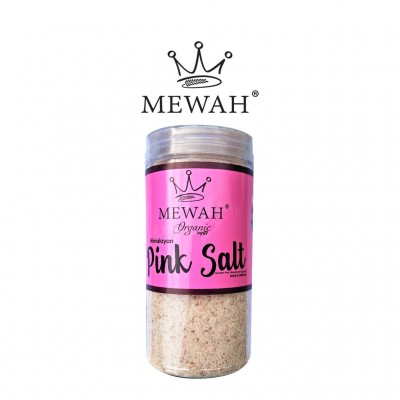
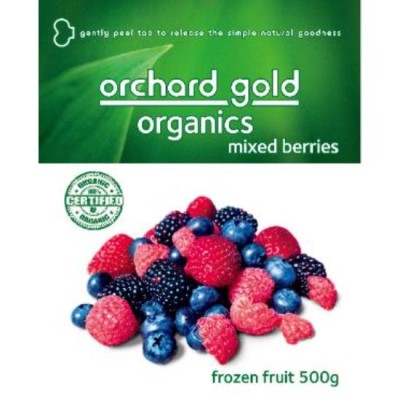
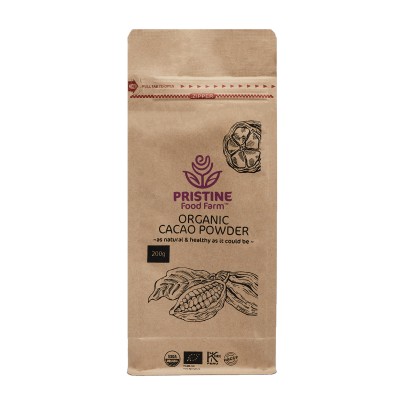
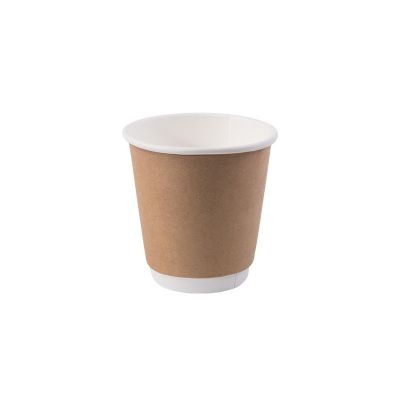
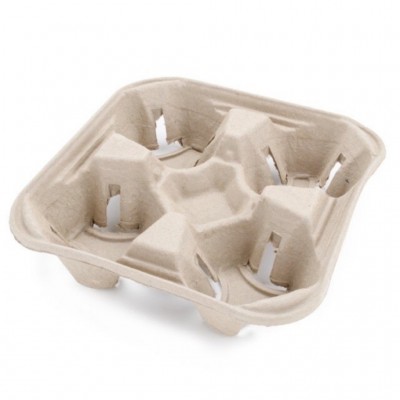





0 Comments